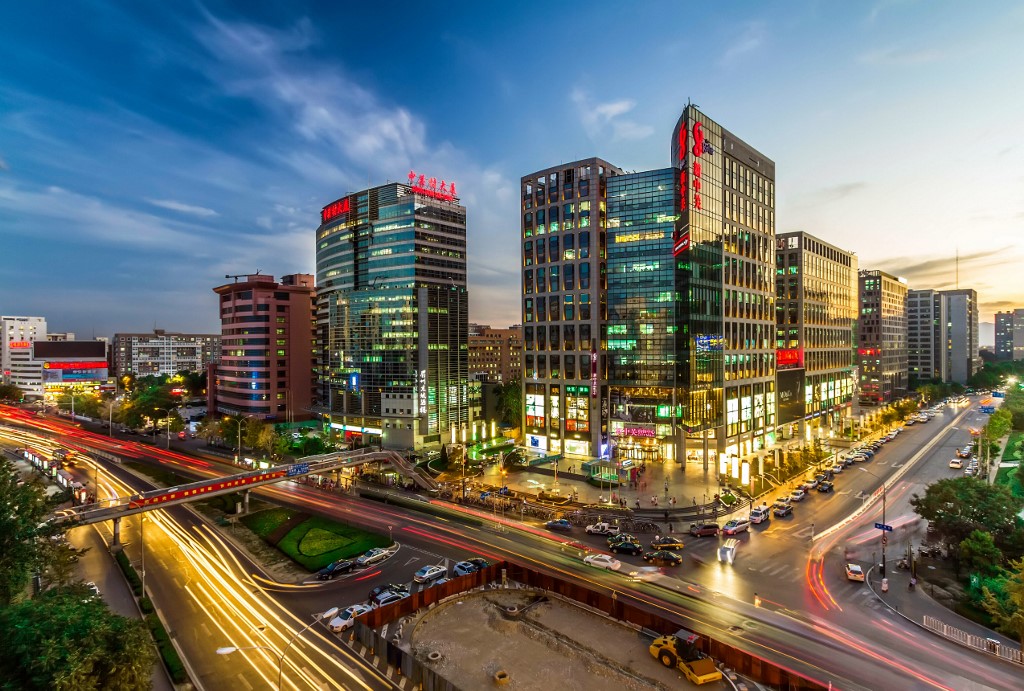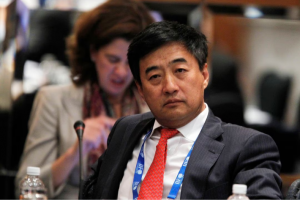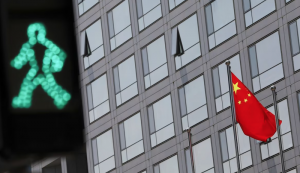(ATF) Officials in Beijing’s Haidian District – often referred to as ‘Silicon Hutong’ like the US’ Silicon Valley, as it is home to many top universities and hi-tech firms – have issued a raft of policies aimed at boosting the area’s IT sector.
City officials have agreed on 38 policies in 10 categories, focusing on supporting the development of artificial intelligence industry, the “intelligent” networked automobile industry, plus the gaming and e-sports industry, and the financial sector.
In September 2020, the State Council approved Beijing’s construction of a comprehensive demonstration zone for the expansion and opening of the national service industry.
And in the same month, the State Council issued the “China (Beijing) Pilot Free Trade Zone Overall Plan”, which established the opening up of technological innovation and the service industry. The area will become a free-trade pilot zone and the digital economy will be its ‘main feature’.
Haidian District recently issued the “Several Support Policies for Promoting the Industrial Development of Haidian Cluster in the Science and Technology Innovation Zone of China (Beijing) Pilot Free Trade Zone.”
Hei Yu, deputy director of the Haidian District Bureau of Commerce, said this policy is roughly divided into 38 items in 10 categories, and the key areas involved are technological innovation, financial talent, including games and e-sports.
The direction of support mainly involves supporting company research and development, enhancing R&D capabilities, and enhancing company’s level of internationalisation.
In terms of industrial innovation, Hei told the Beijing Daily: “We will vigorously support enterprises in tackling basic core technologies and key common technologies such as artificial intelligence chips and core algorithms, vigorously support the R&D and industrialisation of key core technologies for ‘intelligent’ networked vehicles, and support enterprises to increase R&D investment and provide new opportunities for enterprises.
“Up to 3 million yuan in subsidies per endeavour will be given to increase research and development funds. And five specific policy measures have been proposed in the field of talent,” Hei said.
Zhang Dongchuan, deputy director of Haidian District Committee’s Organisation Department, told CCTV: “We have integrated and optimised housing, household registration, work and residence permits, so that everyone can work on this land with peace of mind. At the same time, we are still formulating some detailed corresponding plans, especially for some high-level talents abroad.”
























